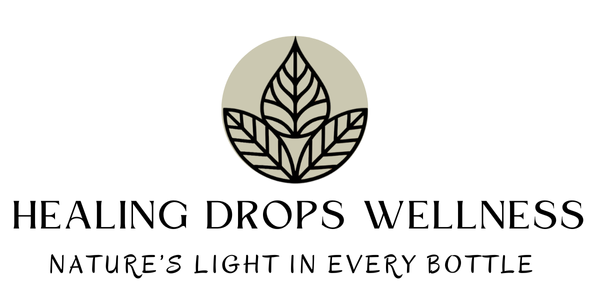🐾 PET CARE & ESSENTIAL OILS
🐱 Essential Oils for Cats
Lisa’s Note:
I have 3 cats. I diffuse all oils, but I ensure they can retreat to rooms where oils aren’t diffusing. I limit citrus oils around them. For flea/tick prevention, I dilute Cedarwood with coconut oil and apply it to the back of their necks.
⚠️ Important Considerations for Cats:
Cats lack glucuronyl transferase, making them more sensitive to toxins (e.g., medications, chocolate, caffeine, and some essential oils).
Avoid daily internal or topical use.
Never use oils high in phenols or eugenols topically or internally:
Basil, Birch, Cinnamon, Clove, Fennel, Melaleuca (Tea Tree), Oregano, Peppermint, Thyme, Wintergreen, Cassia, Nutmeg
Avoid oils high in d-limonene (citrus oils).
Always use top-grade, thoroughly tested oils, and dilute properly.
✅ Safe Essential Oils for Cats (when properly diluted):
Lavender
Frankincense
Copaiba
Helichrysum
Geranium
💨 Diffusing Tips:
Diffuse in rooms where your cat can leave freely.
Avoid use near litter boxes or food/water areas.
Watch for signs of distress or lethargy.
Essential oils are safer than synthetic air fresheners when used mindfully.\
🐶 Essential Oils for Dogs
Dogs tolerate essential oils better than cats and may benefit similarly to humans.
🐾 Guidelines:
Adjust usage based on weight. Dogs under 20 lbs = treat like infants.
Human oil dosages are typically based on a 150 lb person—adjust accordingly.
Application methods:
Let them smell from your palm or bottle
Rub 1 drop (diluted) in your hands and pet from head to tail
Apply diluted oil to the ear flap (not inner ear)
Motto: Less is Best!
🐦 Essential Oils for Birds
(Source: essentialbird.com)
Used with: finches, canaries, chickens, turkeys, crows, doves, parrots
⚠️ Always check safety for your specific species before use.
Recommended Oils:
Ravinstara: Antiviral, immune + lung support
Thyme: Potent broad-spectrum (use conservatively)
Lavender: Calming, antimicrobial
Helichrysum: Tissue regeneration, feather plucking
Frankincense: Stress, tumor support, lung support (use cautiously)
Palmarosa: Antiviral, antifungal
Ylang Ylang: Calming, tension release
Lemongrass: Antimicrobial, insect repellent (low dilution)
Copaiba: Pain relief, arthritis, anti-inflammatory
Palo Santo: Ligament/tendon/bone healing
🐴 Essential Oils for Horses
Sore Muscle Liniment Recipe
Perfect for post-workout relief or sore muscles:
Ingredients:
20 drops Wintergreen
10 drops Peppermint
10 drops Juniper
5 drops Ginger
2 drops Lavender or Ylang Ylang
½ to 1 cup Epsom salts
Bucket of warm water
Instructions:
Mix oils into the Epsom salts so they disperse.
Dissolve into a warm water bucket and apply to sore areas.
Can also use Aloe Vera gel for a smooth, easy to apply version.
🦟 Essential Oils with Insect-Repellent Properties
Many essential oils naturally deter insects. These can be safely used (when diluted) on humans and animals.
🌿 Oils Known for Insect-Repelling Properties:
Citronella 🌟 (Top pick)
Lemongrass 🌟 (Top pick)
Peppermint
Lemon
Cedarwood
Thyme
Lavender
Tea Tree
Geranium
Rosemary
Eucalyptus
Clove
🌼 Fly Spray Recipes – Safe for Humans & Animals
Basic DIY Fly Spray (for pets & people):
10–15 drops Citronella
10 drops Lemongrass
5 drops Cedarwood
5 drops Lavender
Fill a 4 oz glass spray bottle with distilled water
Shake before use
(Always do a patch test on your animal first.)
🧘♀️ Behavior Blend Recommendation
Inner Peace – Ideal for easing stress and supporting emotional well-being in animals and humans alike.
